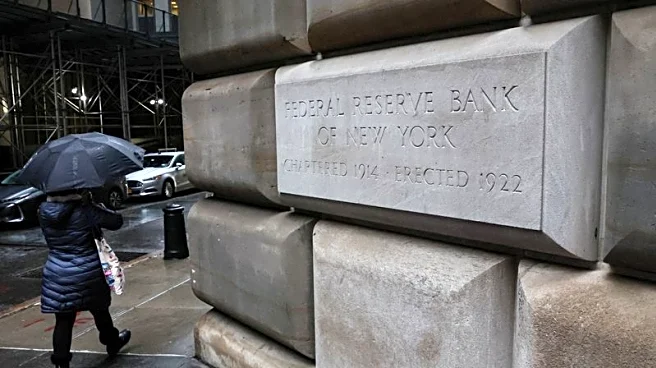Rapid Read • 8 min read
The Trump administration has initiated a comprehensive review of Harvard University's federally funded research programs, threatening to strip the university of its lucrative patent portfolio. Commerce Secretary Howard Lutnick accused Harvard of breaching legal and contractual obligations related to federally funded research and patents. The administration has begun a 'march-in' process under the Bayh-Dole Act, which could allow the government to take ownership of the patents or grant licenses. This move is part of a broader pressure campaign against Harvard, which has been accused by the administration of civil rights violations related to student protests. Harvard has previously sued the administration after federal research funds were frozen or stripped.
AD
This development could have significant implications for U.S. academic institutions and their partnerships with the federal government. The potential loss of patents could impact Harvard's ability to innovate and collaborate with industry partners, affecting over 900 technology licenses. The situation also raises concerns about academic freedom and the federal government's influence over university research. Other universities have faced similar challenges, with some opting to settle with the government. The outcome of this dispute could set a precedent for how intellectual property derived from federal funding is managed and could influence future university-government collaborations.
Harvard has been given four weeks to provide a detailed list of patents from federally funded research, including their usage and licensing terms. The university's response and potential legal actions will be closely watched by other academic institutions. The administration's actions may prompt reactions from civil rights groups and academic freedom advocates, who view the move as an overreach. The resolution of this dispute could lead to changes in how universities handle federally funded research and intellectual property.
The situation highlights the tension between federal oversight and academic independence. The administration's focus on alleged civil rights violations related to antisemitism may be seen as a pretext for exerting control over universities. This case could influence the broader debate on free speech and academic freedom in higher education, particularly in politically sensitive contexts.
AD
More Stories You Might Enjoy












